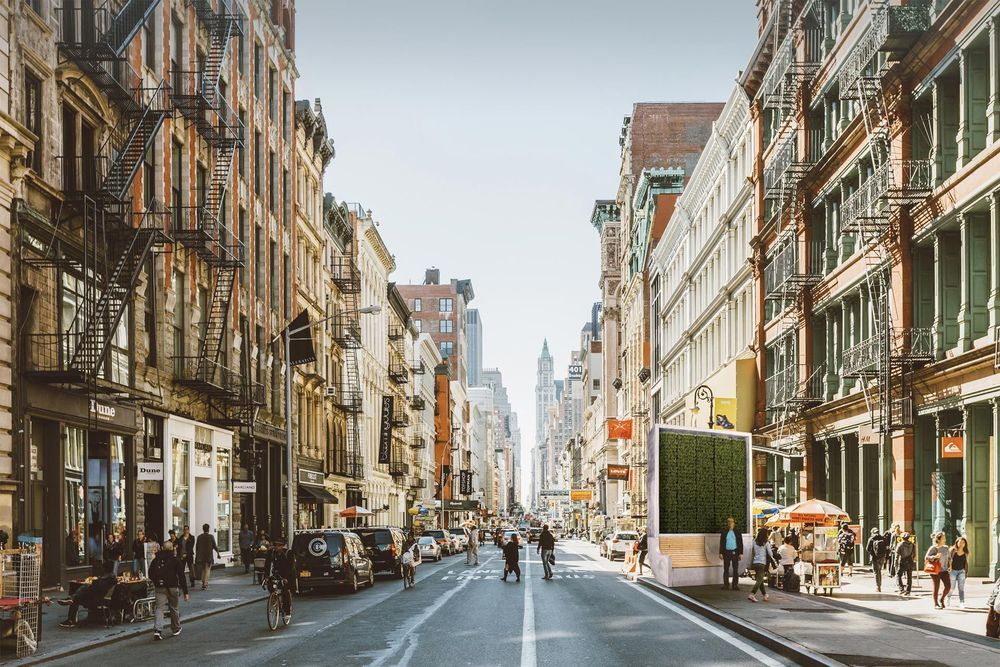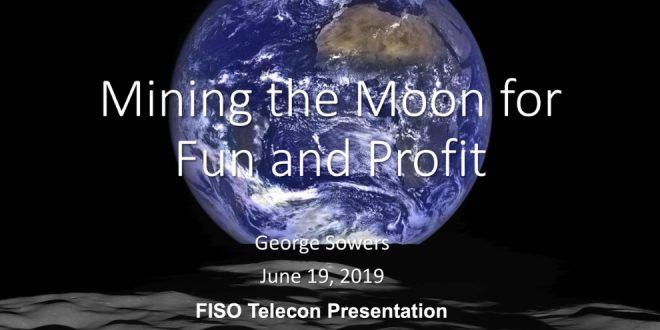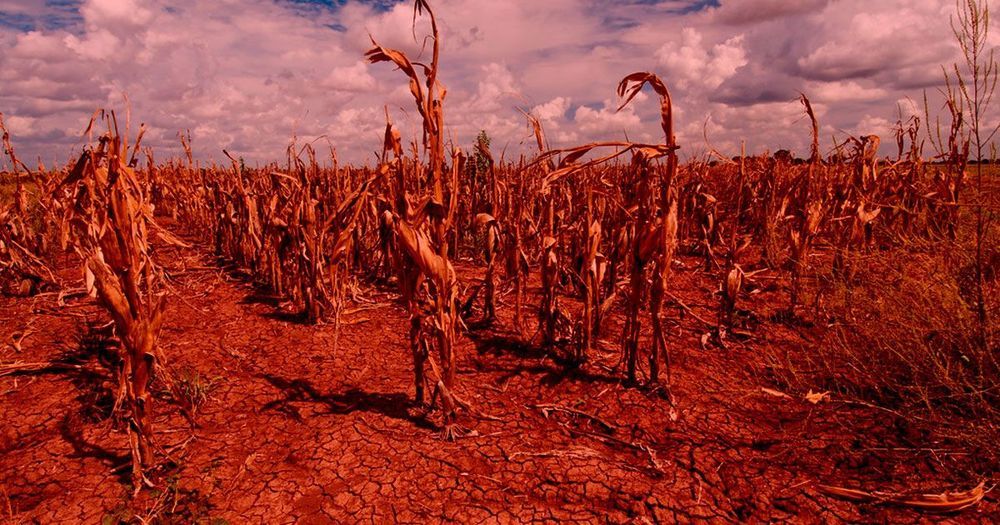In a recent Security Response Center update from Microsoft, the company detailed the discovery of two “critical” Remote Code Execution (RCE) vulnerabilities.
The vulnerabilities are “wormable”, meaning that any future malware that exploits these could jump from computer to computer without any need for users sending it across.
RELATED: MICROSOFT JOINS APPLE, AMAZON AS $1 TRILLION COMPANY









